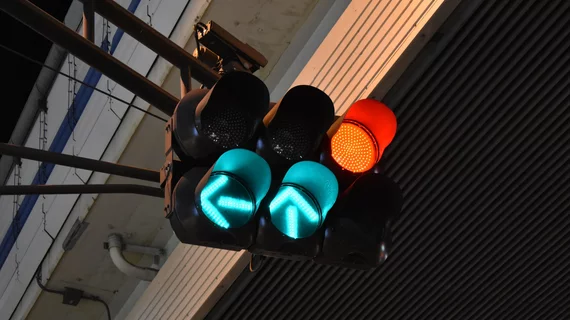Will CMS pay for utilization of AI software that’s similar to an established NTAP earner?
In September CMS agreed to reimburse hospitals for using the first AI software to qualify for Medicare’s New Technology Add-on Payment mechanism (NTAP).
The software is Viz.ai’s stroke package called Viz LVO (aka Viz ContaCT), which speeds time to treatment for stroke. Thanks to the qualification, its utilization with CT imaging can generate reimbursement of up to $1,040 per use for the deploying hospital or stroke center.
Now comes a boomlet in vendors looking to piggyback on Viz.ai’s success, according to Niall Brennan, MPP, a member of Viz.ai’s advisory board who is also the head of the Healthcare Cost Institute.
Since the landmark NTAP approval, “more than five companies have claimed the rights to the code, ranging from stroke triage, to radiology prioritization, and even to CAD,” Brennan writes in a sponsored piece published Dec. 16 in Health Imaging.
“The question is,” he continues, “does this code apply to everyone who wants it?”
In exploring the main factors affecting the answer, Brennan cautions hospitals against betting on reimbursement for using similar software from vendors other than Viz.ai.
He also suggests specific questions hospitals should ask such vendors prior to purchasing their products.
“Without official word from CMS,” Brennan writes, “hospitals have to choose whether to take a risk—as the decision lies with individual hospitals’ risk tolerance as to the technology they want to use and submit for NTAP payments.”
Read the piece at Health Imaging.

